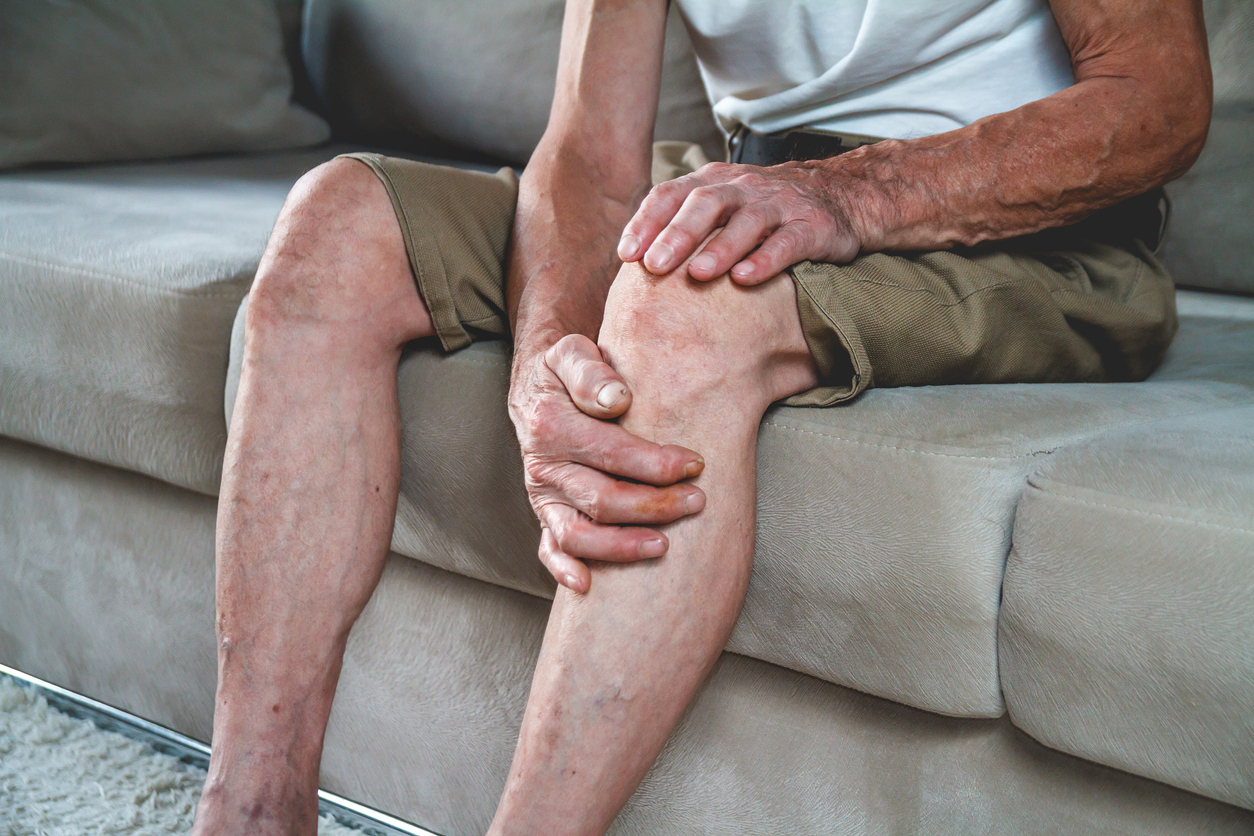
Varicose veins are a common vascular condition that affects both men and women. However, men often face specific challenges when it comes to varicose vein issues. In this blog post, we will delve into the differentiating factors, symptoms, causes, risk factors, interventions, and non-surgical tips specifically tailored for men.
Understanding Varicose Veins
Varicose veins are enlarged, swollen, and twisted veins that usually appear on the legs, thighs or feet. They are 2.5 mm or larger in diameter, often blue or dark purple in color and can cause discomfort, pain, or aching sensations. These veins occur when the valves within the veins fail to function properly, leading to blood pooling and increased pressure within the affected veins.
Differentiating Factors for Men
While varicose veins predominantly affect women (approximately 25% of women vs. 10-15% of men), men are not immune to this condition. Several factors differentiate varicose vein issues in men:
- Hormonal differences: Female hormones, particularly estrogen, play a significant role in the development of varicose veins. Men, having lower estrogen levels, are generally less prone to varicose veins due to hormonal factors.
- Occupation and lifestyle: Certain professions and activities that require prolonged standing or sitting, such as construction work or truck driving, can increase the risk of varicose veins in men. Lack of physical activity, obesity, and a sedentary lifestyle can also contribute to the development of varicose veins.
- Hereditary factors: A family history of varicose veins can predispose both men and women to develop this condition. However, men with a family history may be more likely to experience varicose vein issues than those without.
Symptoms and Causes
The symptoms of varicose veins are similar for both men and women. These may include:
- Bulging or twisted veins on the legs, thighs or feet
- Swelling, heaviness, or aching in the affected area
- Fatigue or cramping in the legs
- Itching or a feeling of restlessness in the affected veins
The causes of varicose veins in men are generally the same as those for women
- Weak or damaged valves in the veins
- Age-related changes in vein structure
- Obesity and excess weight
- Prolonged sitting or standing
- Injury or trauma to the veins
Risk Factors for Men
Men may have specific risk factors for developing varicose veins, including:
- Age: As men get older, the risk of developing varicose veins increases.
- Family history: If close relatives have had varicose veins, the likelihood of experiencing the condition is higher.
- Obesity: Excess weight puts additional strain on the veins, increasing the risk of varicose veins.
- Smoking: Smoking can contribute to poor circulation, which can worsen vein health.
- Lack of exercise: A sedentary lifestyle can contribute to weakened veins and impaired circulation.
Interventions for Men
Varicose vein treatment options for men are similar to those available for women. Some common interventions include:
- Sclerotherapy: This non-surgical procedure involves injecting a solution into the affected veins, causing them to collapse and fade over time.
- Endovenous laser treatment (EVLT): A minimally invasive procedure that uses laser fiber to seal off the problematic veins.
- Radiofrequency ablation (RFA): Similar to EVLT, RFA utilizes heat energy to close off the affected veins.
- Ambulatory phlebectomy: A surgical procedure in which small incisions are made to remove the damaged veins.
Non-Surgical Tips for Varicose Vein Management
In addition to medical interventions, men can adopt several non-surgical measures to manage varicose veins:
- Regular exercise: Engaging in low-impact activities like walking or swimming can improve circulation and strengthen leg muscles.
- Elevating the legs: Elevating the legs above heart level for 15-20 minutes several times a day can alleviate swelling and discomfort.
- Wearing compression stockings: These specially designed stockings apply pressure to the legs, aiding blood flow and reducing symptoms.
- Avoiding prolonged sitting or standing: Taking breaks to move around and avoiding extended periods of immobility can help prevent vein issues.
- Maintaining a healthy weight: Losing excess weight can reduce pressure on the veins and alleviate symptoms.
The Importance of Cosmetic Concerns
While varicose veins do not pose serious health risks, many individuals, both men, and women, seek treatment for cosmetic reasons just as much as for health reasons. The appearance of varicose veins can cause self-consciousness and affect self-esteem, leading to a desire for intervention. It is essential to acknowledge that seeking treatment for cosmetic purposes is a valid choice, as it can significantly improve one's quality of life and overall well-being.
Men may face unique challenges when it comes to varicose vein issues. Understanding the differentiating factors, symptoms, causes, and risk factors specific to men can help in identifying the condition early and seeking appropriate treatment. Whether opting for medical interventions or adopting non-surgical measures, it is important to address varicose veins to alleviate discomfort and improve one's confidence.
Remember, whether the motivation is health-related or cosmetic, seeking treatment for varicose veins is a personal choice that can positively impact overall well-being.




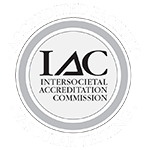
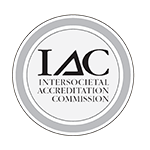
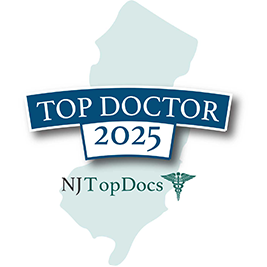
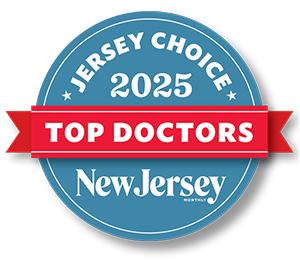
_2.jpg)